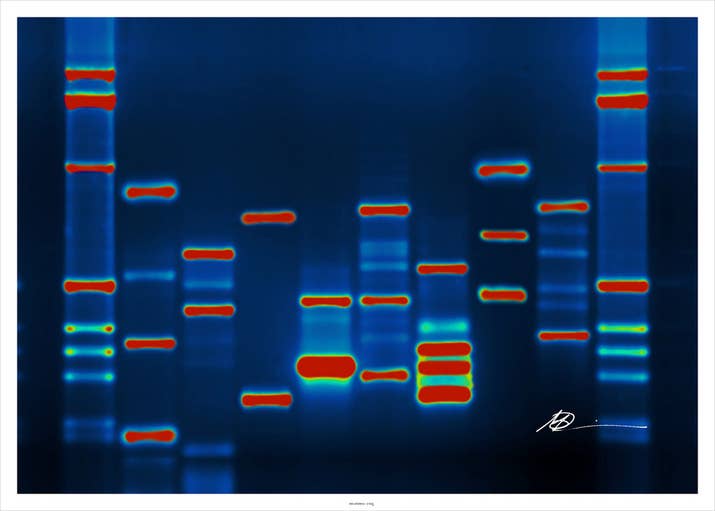Things to Know When Talking About Race and Genetics
Psychology Today
2014-05-13
Agustín Fuentes, Professor of Anthropology
University of Notre Dame
On May 5th, 2014, I shared the platform in a webinar debate with Nicholas Wade (former NYTimes Science Writer) about his new book “A Troublesome Inheritance – A discussion on genes, race and human history.” The debate was sponsored by the American Anthropological Association.
Wade’s assertions in the book (and our discussion) are that Humans are divided into genetically identified “continental races” and that there are significant differences in genetically based social behaviors between these “races” as a result of the last 50,000 years of human evolution.
Wade argues that social scientists are covering up these ideas and claims that a true discussion on race is repressed by most academics out of political correctness. These points were also made by Charles Murray in a laudatory review of Wade’s book in the Wall Street Journal. They are both wrong.
I am an academic and I love to talk about the data on race, so do many of my colleagues. The scientific data on human genetic variation and human evolution refute the claims there are multiple biological races in humans today and in the debate I offered articles, datasets, and work by biologists, geneticists, evolutionary theorists and even anthropologists to demonstrate this. Unfortunately, in such discussions the bulk of data, and its complexity, are too often ignored.
Avoiding direct challenge is a common tactic by people trying to use select slices of genetic data to “prove” that there are multiple biological races in humans today. This is a problem because dialogue on such an important topic should be encouraged and as open minded as possible, but it must also be accurately informed by the science of human biology. So here is a mini-primer on what we what we know about human genetics to help such a discussion (see the bibliography at the bottom of this post for very good articles on the topic)…
…5) Nearly all the genetic variation in our entire species is found in populations just in Africa, with most of the variation found in all populations outside of Africa making up a small subset of that variation…
…Given these facts, here is the key argument you need to remember: While different populations vary in some of the .1% of the genome, the way this variation is distributed does not map to biological races, either by continent or otherwise.
For example, when you compare people from Nigeria, Western Europe and Beijing you do get some patterned differences…but these specific groups do not reflect the entire continental areas of Africa, Europe, and Asia (the proposed “continental races” of African, Caucasian and Asian). There are no genetic patterns that link all populations in just Africa, just Asia or just Europe to one another to the exclusion of other populations in other places. If you compare geographically separated populations within the “continental” areas you get the same kind of variation as you would between them. Comparing Nigerians to Western Europeans to people from Beijing gives us the same kind of differences in variation patterns as does comparing people from Siberia, Tibet and Java, or from Finland, Wales and Yemen, or even Somalia, Liberia and South Africa— and none of these comparisons demonstrates “races.”…
Read the entire article here.
